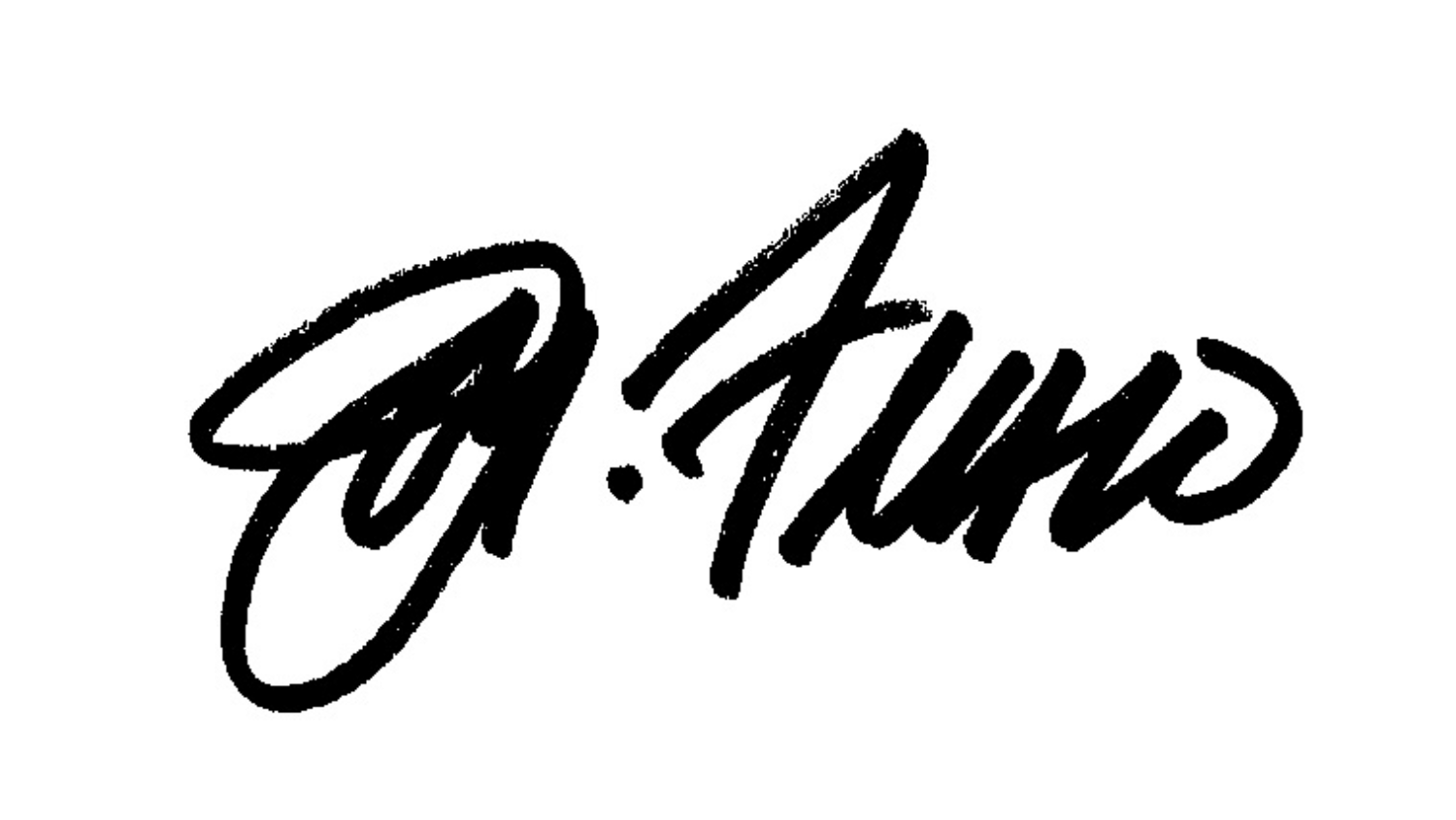In business, we often talk about actions we take and the “unintended consequences” of those actions. That phrase is a curious one because, in many instances, it’s really just another way of saying, “we didn’t think it all the way through” without, you know, actually admitting that we didn’t think something all the way through.
The user of this phrase is seeking to deflect or avoid responsibility for his or her actions, or for a poor result. In some organizations, unfortunately, this skill is actually more important than getting work done.
Mastery, particularly in communicating, seeks to anticipate, understand and address all the consequences, intended and unintended.
So let’s just call unintended consquences what they are — errors, shortcuts, and cheap leadership.
